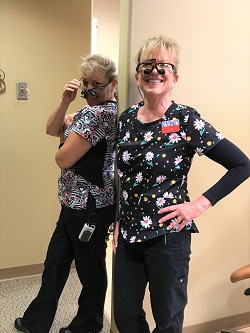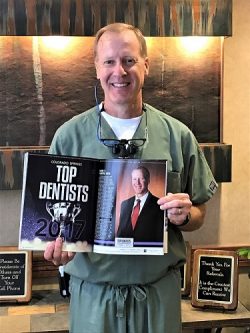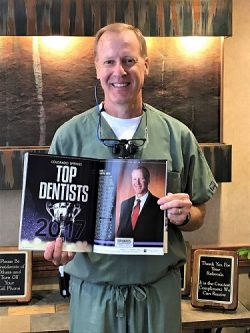Should You Brush Your Teeth? Yes, But….
Should you brush your teeth?
As a practicing dentist of 30 years, the answer from me is a definite yes. But, that comes with some qualifications in terms of scientific data, brushing that is actually harmful to your teeth, and other things besides brushing that can help you maintain healthy teeth.
I receive regular emails from the American Dental Association (ADA), including one that “compiles news stories from a wide range of sources” to keep dentists up-to-date on what seems to be of interest to the general public. Today’s email included a link to a Reader’s Digest article with this interesting title: “This is the Most Efficient Way to Keep Your Teeth Clean – Without Brushing Them.”
Reader’s Digest Article
I would encourage you to read the article because it contains interesting information about good dental care for you and your family. It is not a surprise that this article claims the best way to keep your teeth healthy is to avoid eating sugar. It explains why this is the case, but also goes further and gives information about foods that can promote healthy teeth.
Good foods include those that are alkaline instead of acidic, which help keep the pH levels in your mouth at a higher level, which is healthier for your teeth. On the flip side, foods that are too acidic can cause lower pH levels, which doesn’t promote good oral health.
How To Brush Your Teeth
The other important point of this article touches on proper brushing technique, or how to brush your teeth. Some patients think the harder they brush or floss, the better. What they don’t know, though, is that flossing that is done too vigorously can harm your gums. They also don’t understand that brushing too hard can actually harm tooth enamel, especially when used with some toothpastes. Almost all toothpaste includes some type of abrasive material to help with the cleaning process. Teeth whitening toothpastes tend to include a lot of this material. If you use them (we typically don’t recommend) and brush too hard, it can really cause damage to both tooth enamel and gums.
In our practice, we can also tell that some patients don’t brush their teeth long enough. We encourage our patients to invest in electric tooth brushes as they are timed for the right amount of brushing and they also help avoid problems from brushing too hard because they alert you if too much pressure is being used. There are several good brands on the market, and different staff members use different ones, but we do sell one brand in our office, at our cost, for patients of record. The better your home care, the less likely you will need to see us for fillings or other restorative services. Prevention is key!




